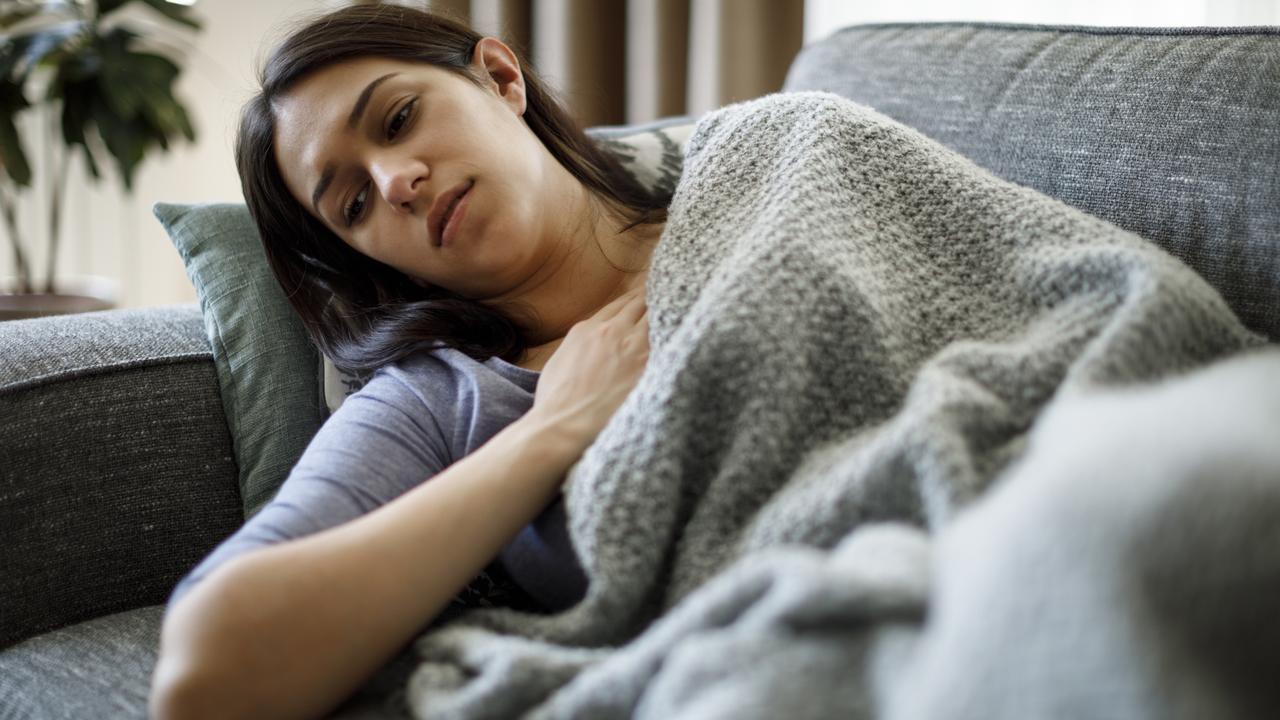Terrible habit making lockdown even worse
Aussies have been in and out of lockdowns for the past 18 months, and one terrible habit is making everything worse.
If you’ve been waking up feeling more exhausted than you did the night beforehand, it’s possible a common lockdown habit might be getting the best of you.
Drinking alcohol has become a popular “coping mechanism” and has been promoted heavily throughout rolling lockdowns, but the additional drinks are doing Aussies more harm than good, according to Caterina Giorgi, chief executive of alcohol research organisation FARE.
Ms Giorgi said the habit could be a leading factor in people experiencing difficulties with sleep or noticing a significant drop in energy.
“Feeling lethargic, having increased anxiety, having difficulty sleeping and finding it hard to get the energy — all of those things are worsened by drinking alcohol,” she told news.com.au.
“While some people are thinking that it might be best to have a drink for some immediate relief, we know that actually it contributes to worsening all of those things.”
Despite alcohol being a well known contributor towards poor mental health, opportunistic companies have used lockdowns to tactically promote their products, Ms Giorgi said.
“In some instances, it’s alcohol companies preying on people’s vulnerabilities and marketing to them in ways we haven’t seen before,” she said.
“Because so many people have moved online, they have so much access to extra data around people and their alcohol use.”
Last year there was a staggering $3.3 billion of alcohol sold in the country, representing an increase of 27 per cent compared to the year beforehand, Australian Bureau of Statistics data revealed.
Ms Giorgi said the trend was only worsening in 2021, which had a lot to do with Covid-themed marketing.
“Almost like clockwork when the restrictions were introduced in Sydney, the marketing started immediately online, and people were being told the way to cope with lockdown was to drink alcohol,” she said.
“Those types of messages are really unhelpful, and in really bad taste as well.”
Three key red flags to look out for
Three main warning signs will help identify if drinking alcohol has become a problem.
One, a family member or friend has expressed concern about your drinking.
Someone whose housemates or family have shared they are worried about their drinking habits should re-evaluate their intake and consider seeking help, Ms Giorgi said.
Two, feeling unable to complete everyday activities because of alcohol.
For someone who has begun struggling to complete things they would usually do with ease, it could be an indicator they have a drinking problem.
“If you’re finding it hard to complete the things you would normally do in a day, and it’s because you’ve been drinking or feeling the effects of alcohol, then you might want to assess your alcohol use,” Ms Giorgi said.
Three, if your drinking has affected or harmed those around you.
When your drinking has come to negatively affect or harm the people around you, it is time to buckle down and consider getting support.
What to do instead of drink
While it might be tempting to reach for a drink in the afternoons, there’s an abundance of far healthier habits that will contribute to better mental health than worse.
“It might be that you start and end your day with a walk, or ending the day with catching up with family members online,” Ms Giorgi said.
“It’s introducing things we know will be beneficial for your mental health and general health, rather than having alcohol fill those gaps.”
There are several reputable organisations available to people who have identified they have a drinking problem, including the National Alcohol and Other Drug hotline.
Help can also be sought through support services and apps like Daybreak, Drinksmeter and Bushtribe.
For all the latest lifestyle News Click Here

